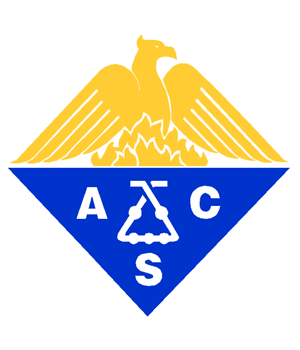
Losing a job is certainly in most people’s top ten list of stressful events. Fortunately, there are some actions you can take that will help position you to move forward in a positive manner.
First, check to see if your organization is providing severance pay. If so, determine how much are you eligible for and over what period of time. Severance pay can be a helpful financial benefit while you are looking for your next job opportunity. Applying for unemployment benefits is another potential source of financial aid to assist you during your job search.
This is also a good time to check with your organization’s Human Resources Department to determine how long your benefits will continue and what information they have regarding COBRA benefits (Consolidated Omnibus Budget Reconciliation Act). COBRA is a program that allows eligible employees and their dependents the continued coverage of health insurance coverage when employees lose their job. The employee pays a premium if they select the COBRA benefit.
Another good question to ask is, does the organization offer outplacement services? Some organizations offer this benefit to employees who have been laid off and it may include things like assistance with resume writing, interviewing tips, and job search/opportunities information.
Once you learn that you are losing your position, decide who you would like to serve as employment and/or character references during your job search. Now is the time to make this request of those people and obtain their contact information.
As you begin to prepare yourself for your next employment opportunity, update your resume and cover letter. Familiarize yourself with job search sites like Indeed. Create or update your LinkedIn account and take advantage of their job search information. Research job boards, such as C&EN jobs, for openings in the scientific field.
You never know where your next job lead will come from. It is a good practice to network with your colleagues, friends, and family to let them know you are conducting a job search. Keep contact information on professional colleagues and relevant professional organizations.
It is also helpful to prepare a one-minute “elevator speech” that briefly summarizes your career objective and your professional qualifications and skill set. This will allow you to be prepared when opportunities present themselves so that you can succinctly tell people what you are targeting professionally and what you can bring to the table.
Finally, allow yourself to grieve. Take steps to keep healthy both mentally and physically. The loss of a job often comes with anxiety and a variety of emotional responses. This is a good time to seek the support of friends and family members.
The above actions will help you transition to your next professional opportunity.
This article has been edited for length and clarity. The opinions expressed in this article are the author's own and do not necessarily reflect the view of their employer or the American Chemical Society.
ACS Career Consultants are experts and leaders working in the field of chemistry who have volunteered to support other ACS members’ career development through one-on-one career counselling. They can stimulate your thinking, ask important career planning questions to help clarify goals, provide encouragement, teach strategies for making meaningful career decisions, and aid you in your job search. Connect with an ACS Career Consultant today!
Copyright 2022 American Chemical Society (All Rights Reserved)








